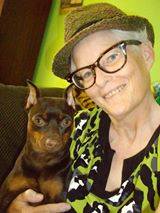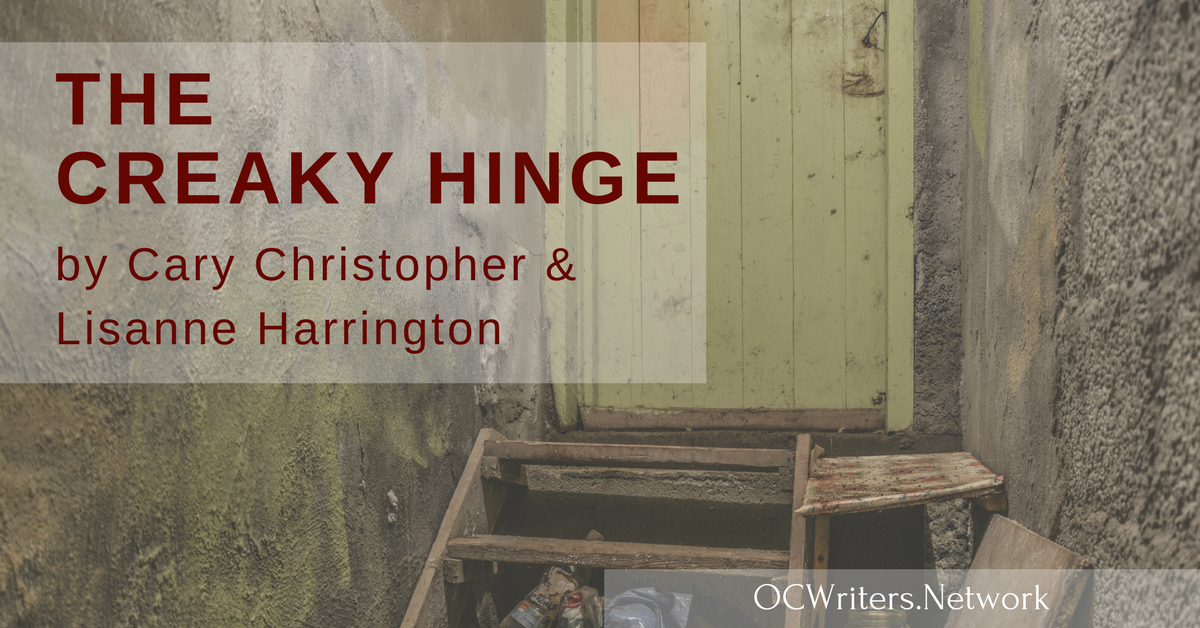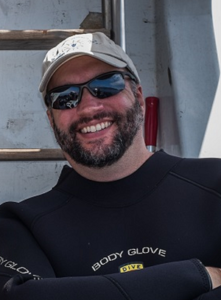by Cary Christopher and Lisanne Harrington
Productivity.
Now there’s a word packed with horror, designed to wreak havoc on writers like us. We write stories filled with monsters, both human and non. To be productive, we must be creative, industrious, and imaginative. We must tap into that part of our brains that seeks out new ideas, new situations to throw our characters into, new ways to frighten and horrify our readers.
Fighting the Enemy
So how do we do that, be productive? First and foremost, we need to fight against the writer’s natural enemy, procrastination. Nearly every writer I know is an ace procrastinator. We have dirty dishes in the sink that must be washed. Laundry is draped over every square inch of our living rooms, needing to be folded and put away. Facebook calls to us. Loudly.
The best way we know—the only way—to triumph over procrastination is to ignore everything and everyone and write. But what about writer’s block, you ask. All we can tell you is to write through it. If you can’t move forward on your story, write a character study. Who are they? Where do they come from? Any siblings? Major past trauma? Favorite color, food, song. Whatever you need to get the creative juices flowing. Put your character into a situation and write some flash fiction about it.
If your character is a monster, were they once human? Alien? A mythological god? How does the type of monster you create affect who they are and what they do? And how does this knowledge help them grow, which every good writer knows is a must for giving readers a character/monster they can connect to and a story that they enjoy. (Think Mary Shelley’s Frankenstein. The monster, not the doctor.)
Know Your Genre
Productivity (and success!) as a writer requires familiarity with all the tropes and stereotypes in your genre so your book doesn’t get pigeonholed as tedious and uninteresting.
You don’t necessarily have to be writing to be productive. Reading is just as important.
Not only is it important to know the ins and outs of your genre so you can create new facets for existing monsters/heroes, but it is also necessary when creating completely new monsters. For his latest project, Cary researched parallel myths and legends from different cultures to craft a new creature and one of his protagonists. This involved hours spent combing through books while sitting in a comfortable chair with a cup of coffee and some good music in the background. That just sounds miserable, doesn’t it?
To an outsider, it looked like he was doing anything but writing his book. In reality, even though his fingers weren’t actually striking keys, all of the reading, highlighting, and note taking were crucial to the story and made the process of writing more efficient.
The Dreaded Time Crunch
Some people don’t have the procrastination problem. Instead, they experience the horror of the ticking clock. Carving out writing time while holding down a full-time job and balancing family obligations can be incredibly tricky.
Unfortunately, there’s no quick fix for that. The only solution is to make time to write.
We understand that’s easier said than done. Sometimes you’ll feel like you can’t be creative because you’re too darn tired. It’s at this stage you should think about your favorite horror movie/novel protagonist. Even in the face of certain defeat, the hero always soldiers on, finding that last bit of resolve to fight his or her way through the undead hordes to save the day.
You’ll need to dig deep. For Cary, it came down to scheduling time for writing at the end of the day with only a handful of possible exceptions. At least four days a week, he scheduled time to write after work and family time. He stuck to a strict schedule of writing from 9:00 until his eyes were shutting. Sometimes that was only twenty minutes. Other times it was 2 – 3 hours. Either way, he was making progress, and racking up those little victories became extremely motivating.
You Can Do It!
Not a late night person? Make time to write before work. Can’t do that? Bring your laptop (or even a pad of paper) and write on your lunch hour. No time at lunch either? Get a text to speech app for your phone and dictate on your drive home.
And of course, one of the most important things to do is make sure your family understands that when you are writing, including researching with music or the TV blasting and that cup of coffee or soda by your side, they need to respect your process and not interrupt. Even if your pants are on fire. A writer needs time to write with minimal distractions, and if your family isn’t behind you 100%, then it can be virtually impossible to be creative.
The bottom line is that it can be done. Don’t push your writing aside and tell yourself you’ll get to it later. Pick up your virtual machete and carve out whatever time you can. Your mantra should be “find a way,” then keep repeating it while you hack and slash your way to being productive.
Do you have a method for being productive that you’d like to share? If so, please let us know in the comments section. We’d love to hear it!
***
Cary Christopher was born and raised in Florida and Georgia but has called Southern California home now for almost 20 years. He’s written extensively about music, movies and pop culture online and for various publications around SoCal. Now he primarily writes for his blog (www.carychristopher.com). His new novel The Wash is available on Amazon.
Link to my Amazon Authors Page: https://www.amazon.com/Cary-Christopher/e/B076FD8MJ3
 After sixteen years as a paralegal, I staged a coup and left the straight-laced corporate world behind forever. I now pander to my muse, a sarcastic little so-and-so who delights in getting the voices in my head to either all speak at once in a cacophony of noise or to remain completely silent. Only copious amounts of Diet Cherry Dr. Peppers and hamburgers will ensure their complicity in filling my head with stories of serial killers, werewolves, and the things that live under your bed.
After sixteen years as a paralegal, I staged a coup and left the straight-laced corporate world behind forever. I now pander to my muse, a sarcastic little so-and-so who delights in getting the voices in my head to either all speak at once in a cacophony of noise or to remain completely silent. Only copious amounts of Diet Cherry Dr. Peppers and hamburgers will ensure their complicity in filling my head with stories of serial killers, werewolves, and the things that live under your bed.
I live in SoCal, in the small town I fashioned Moonspell’s Wolf Creek after, with my beloved husband and persistently rowdy, always-has-to-have-the-last-word Miniature Pinscher, Fiona.





